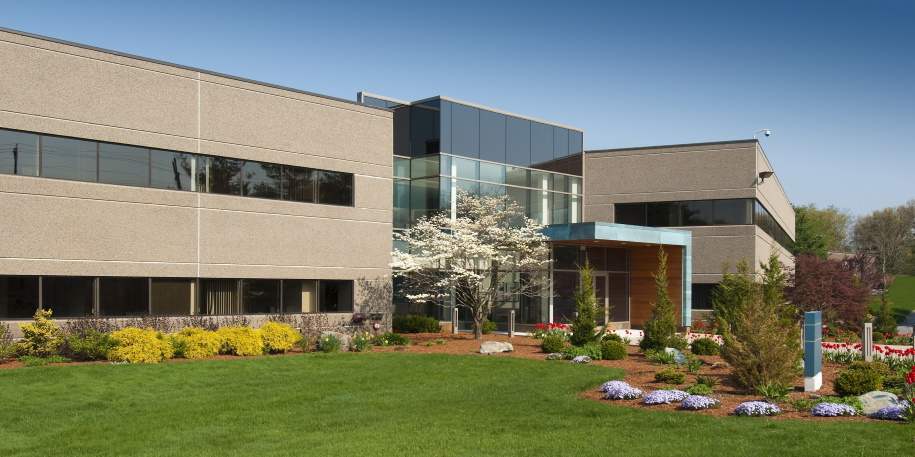Denver Bankruptcy Lawyers The Wink Law Firm Can Help You Choose the Best Option
Filing for bankruptcy can be a way to discharge overwhelming debt. For many small businesses, bankruptcy makes it possible to restructure the business or dissolve it completely when debt becomes too much to operate comfortably anymore.
However, putting your business into bankruptcy does not remove any personal liability you may have for the business debt. Many creditors including most commercial landlords will require a small business owner to personally guarantee performance of the obligation. This will enable the creditor to collect against the owner, as personal guarantor, if the business does not perform on its obligation.
What happens to the commercial leases can depend on whether you are filing for a corporate bankruptcy or personal bankruptcy. Let’s first look at the differences, and then we’ll get into the specifics of what you can do with your commercial lease after filing for bankruptcy.
What’s the Difference Between a Corporate Bankruptcy and a Personal Bankruptcy?
Corporations and LLCs are eligible to file for bankruptcy through a Chapter 7 or 11 bankruptcy. However, a corporate bankruptcy will not discharge your personal liability for any commercial leases, as in, you’ll still owe any money that’s due. Because of this, many owners of small businesses opt to dissolve the corporation entirely and instead file for personal bankruptcy, which does allow you to discharge the responsibility of paying on some or all of commercial lease debt. The bankruptcy options in this case are Chapter 7 and Chapter 13.
Chapter 7 Bankruptcy
When an LLC or corporation files Chapter 7 bankruptcy, the business is dissolved and its assets are liquidated, meaning they’re sold off to pay off as much of the debt as possible.
But again, this will not remove your personal liability for any commercial leases. That’s why you may prefer to file a Chapter 7 personal bankruptcy. This form of bankruptcy allows you to discharge much of your debt, including leases (both commercial and personal), so you’ll no longer owe on it. This also makes it possible for you to continue operating the business as a sole proprietor, while protecting some of the business assets.
Chapter 11 Bankruptcy
This form of bankruptcy will restructure the corporate debt. Negotiations will occur between you and the creditors to settle the outstanding debt. However, it’s important to note that Chapter 11 bankruptcies have many challenges and the potential for very high legal fees. Hence, Chapter 11 bankruptcy often isn’t the right choice for many small businesses. A Denver bankruptcy attorney, such as The Wink Law Firm, can go through your options and help you decide if Chapter 11 makes sense.
Chapter 13 Bankruptcy
Chapter 13 bankruptcy is available as a form of personal bankruptcy, not as a type of corporate bankruptcy. This means it is available to businesses operated as a sole proprietorship but not as an LLC or corporation.
Whereas Chapter 7 bankruptcy can discharge your debt without a payment plan from you, Chapter 13 creates a three- to five-year repayment plan to pay back some of your debt and then discharge the rest.
After Filing for Bankruptcy, the Automatic Stay Goes Into Effect
Let’s say you discussed your options with a debt settlement attorney such as Colorado-based The Wink Law Firm, and you’ve now filed for bankruptcy. The automatic stay will now go into effect, which stops creditors – the person or company to whom you owe money (e.g., the landlord) – from taking action against you for a period of time. While this means the landlord will not be able to sue you personally, it is likely the landlord will be able to evict you and your business from the premises unless you pay the rent.
Assume, Assume and Assign, or Reject
When you file bankruptcy, you’ll need to decide what you want to do with the lease. Generally, your choices will be to assume or reject the lease. It is typically best to know how you will manage the lease before filing bankruptcy.
- Assume – You decide you want to stay in the property (i.e., you want to keep running the business in that commercial space). You’ll then be required to pay back all the financial debts you’ve accrued to the landlord and perform on the lease going forward. And you may not get a discharge for future liability if you assume the lease.
- Reject – You decide to not fulfill the terms of the commercial lease (e.g., you decide to move out of the commercial space because your business is dissolving). In this case, it is best to get out of the leased premises before you file bankruptcy. This is partially because your paying the lease after filing bankruptcy can be considered an assumption that will make you liable for the remainder of the lease.
Get the Small Business Bankruptcy Help You Need
Filing for bankruptcy can not only be upsetting for the emotional pains it can cause; it can also become all the more overwhelming due to the various, sometimes confusing options, the tough decisions you have to make, and the nuances that make some choices better than others. That’s why it’s essential you consult a small business bankruptcy law firm with years of experience, such as Denver-based The Wink Law Firm. The initial consultation is completely free. Call The Wink Law Firm now at (720) 523-0620 or fill out our online questionnaire to get started on this crucial help.

